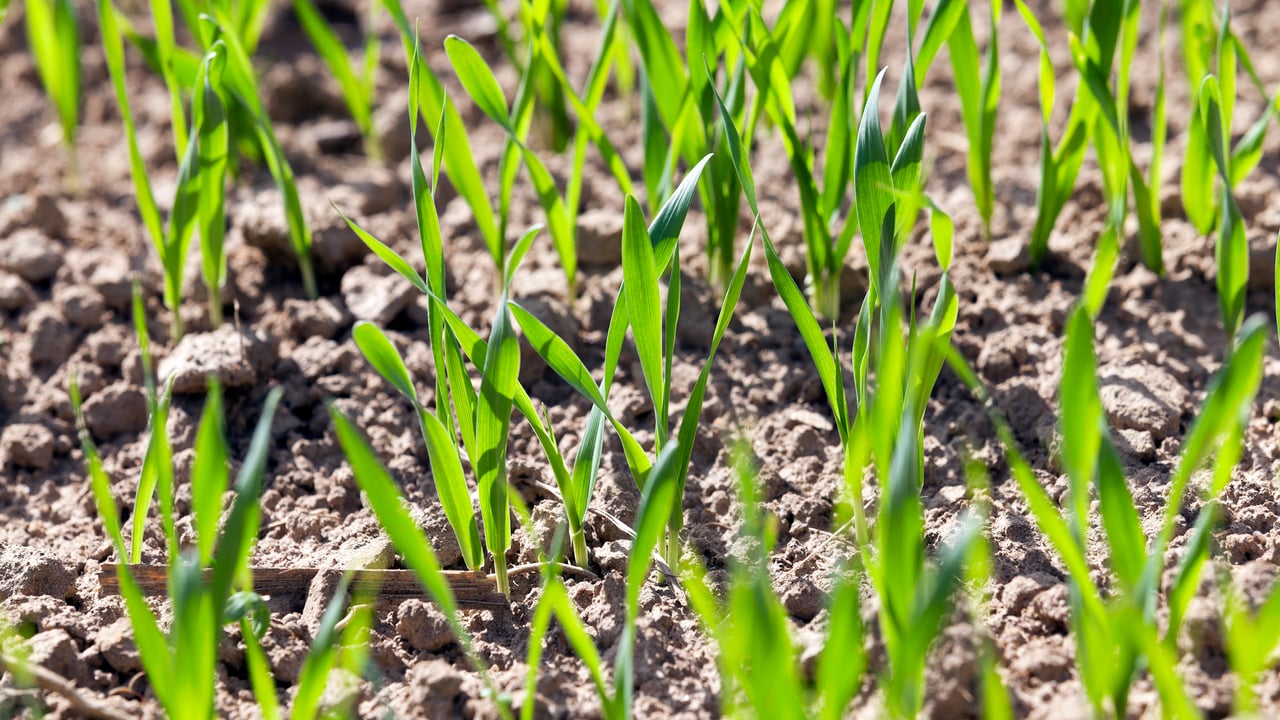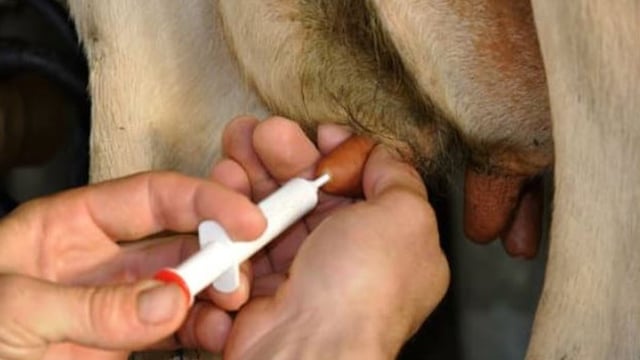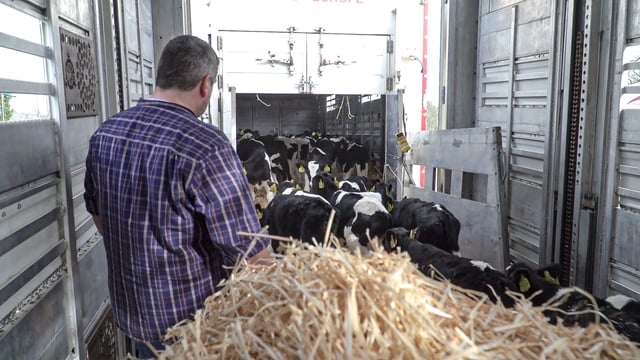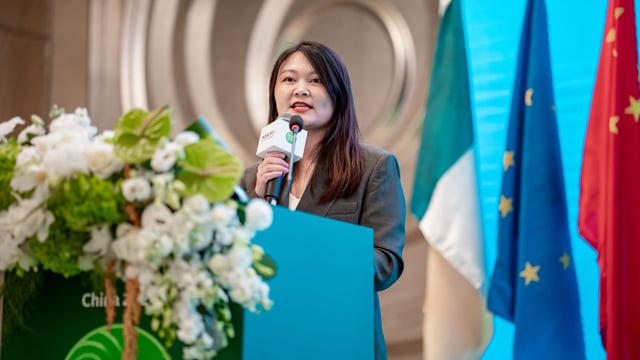Fertiliser availability 'not a real concern' - EU official
An EU official has told the Joint Oireachtas Committee on Agriculture, Food and the Marine that there is no real concern about fertiliser availability at present.
Fabien Santini, the deputy head of the EU’s governance of agri-food markets unit, said that work in most nitrogen (N) fertiliser production facilities has resumed.
"What good is supply if farmers can't pay for it?" Cork TD Michael Collins, asked.
Santini said that the EU has estimated that fertiliser use among farmers will reduce by between 10-15% this year depending on the crop.
He told the committee that the main problem is the price of natural gas, which has jumped four-fold in the past year and this has strongly influenced fertiliser prices.
Santini outlined that the world price of urea increased by 263% since December 2020 and di-ammonium phosphate by 92%.
Committee chair, deputy Jackie Cahill estimated that fertiliser costs had jumped by 250%, while Cork senator Tim Lombard said that urea had risen from €314/t to €905/t.
Santini outlined that "farmers are not bound to fully bear these extra costs".
He suggested that farmers could protect themselves against such volatility by forward contracts.
However, several committees raised concerns about such arrangements, particularly for dairy farmers in contracts which may not reflect the current higher milk prices.
Santini said that "the economic optimum for farmers should be to apply slightly less fertiliser than usual this year, with a possible modest yield impact".
"Farmers may also adjust their rotations and choose crops with less need for chemical fertilisers. It is not expected though that this would represent a risk to EU food supply and food security," he explained.
When asked how long the fertiliser price increase was going to last, Santini said that was "a million dollar question" and was dependent on energy markets.
He said based on current predictions there would be more reasonable energy price trends this year but not enough that would see fertiliser prices fully return to previous levels.
Santini said that EU state aid rules could provide possibilities for memberstates to support farmers in this exceptional situation.
Many members of the committee questioned the EU official on the issue of anti-dumping tariffs, which are between €30 and €40/t on fertiliser.
Santini said that the EU Commission is currently examining several requests, including from EU farmer representative group Copa Cogeca, for this measure to be removed.
However, he explained that this is a "lengthy procedure" which is very thorough and evidence based.
Sinn Féin TD, Matt Carthy said that "farmers are crying out for a response" to the current crisis and argued that the EU was adding to the problem through levies and anti-dumping tariffs.
Santini told the committee that the current situation "demonstrates how the EU agri-food sector is especially vulnerable due to its heavy dependence on fertilisers, and therefore on fossils fuels".
He noted that the EU must reduce its dependence on key imports from "unstable sources".
The official reminded the committee of the EU target to reduce fertiliser use by 20% by 2030, adding that the new Common Agricultural Policy (CAP) should be used "to accelerate the transition to a more sustainable agriculture".





